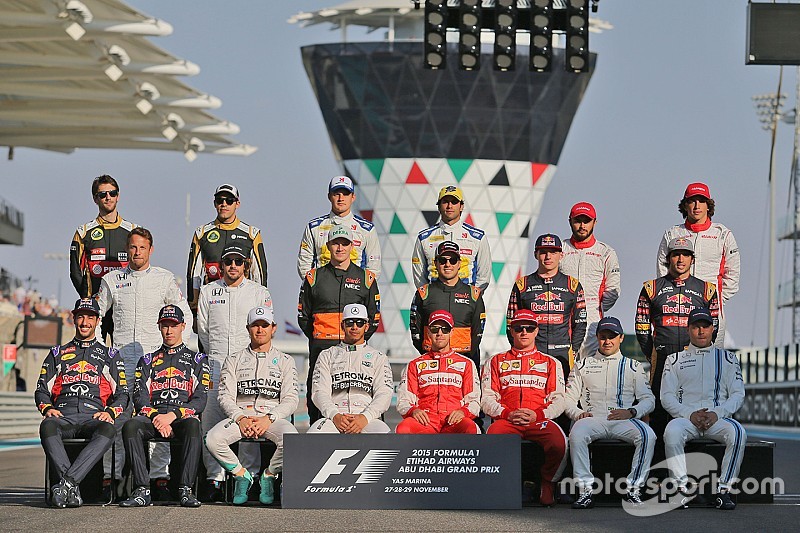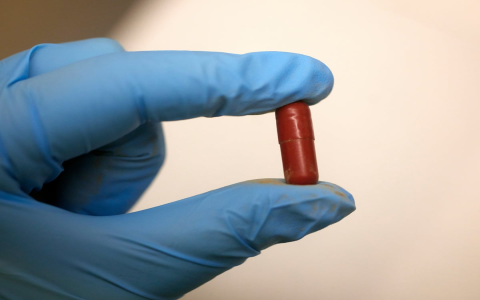So, I was curious about whether F1 drivers get tested for doping, like, do they do drug tests on these guys? I mean, they’re zooming around in those cars at crazy speeds, so it’s a fair question, right?
I started by digging around the internet. Just like with any sport, I figured there had to be some rules in place. Turns out, the FIA, that’s the big organization that runs F1, they’re all in with WADA (World Anti-Doping Agency). It’s like the doping police for sports worldwide.

- First thing I found was that F1 drivers are tested regularly. And randomly, too.
- It’s not just during the races; they can get tested anytime throughout the year.
Diving Deeper
Then, I wanted to know what exactly they’re tested for. I read somewhere that the FIA follows WADA’s list of banned substances. But they also added alcohol and some things called beta-blockers to their own list. Makes sense, right? You don’t want someone drunk-driving an F1 car, even if it is a little bit.
I also learned that there’s something called the “International Registered Testing Pool.” It’s basically a list of drivers who are more likely to get tested. And from what I gathered, any driver racing in an event that the FIA has its stamp on can be tested. In the race, out of the race, whenever!
Real-Life Example
You know, the only F1 driver I could find who actually failed a drug test was a guy named Tomas Enge, many years ago. They took away his Formula 3000 title because of it. That’s like the level just below F1.
So, yeah, after all this digging, it’s pretty clear that F1 takes doping seriously. They test the drivers, they follow the rules, and there are consequences if someone is caught cheating. I guess it makes sense. These guys are top athletes, and they need to be on a level playing field, even if that field is a racetrack going 200 miles per hour.











